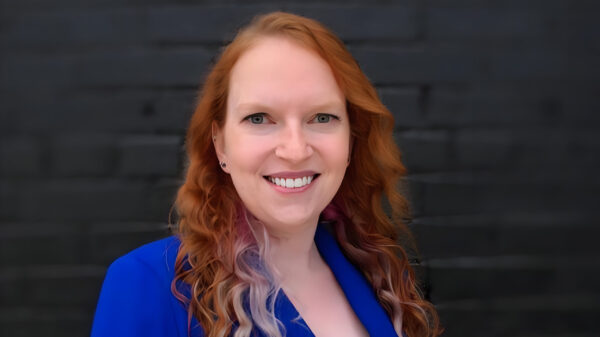By Chip Brownlee
Alabama Political Reporter
Special elections are costly and turnout is often dismal but giving an appointee the time to settle in Washington can afford them the protective status of incumbency. That was the paradox that Gov. Kay Ivey and her predecessor grappled with in trying to decide what to do about Jeff Sessions’ vacated Senate seat.
A bill pre-filed by Rep. Steve Clouse, R-Ozark, and State Sen. Gerald Dial, R-Lineville, would have preempted that decision and directed the governor to set the election to coincide with the next general election. In the case of Sessions’ seat, Sen. Luther Strange would have gotten 18 months in Washington before facing election.
Clouse’s bill, which is being carried by Dial in the Senate, would give the governor the authority to appoint a replacement who would stand for election not in a special election a few months later — but at the next regularly scheduled statewide election.
Alabama’s existing vague special election laws — which direct the governor to call the special election “forthwith” — gave former Gov. Robert Bentley the latitude to set the special election to coincide with the 2018 midterms. There’s no agreed-upon definition of “forthwith” and it isn’t clear in the code whether the election had to be scheduled forthwith or if the election itself had to be forthwith.
But before and after his resignation in April, critics complained that Bentley’s decision to set the election for the 2018 midterms was too delayed and Strange would be nearly impossible to unseat, given his de facto status of incumbency. Ivey, in her first month in office, rescheduled the election for December — a decision that was arguably legally called for but would cost the General Fund $15 million to administer.
Dial, in an interview with APR, said he and Clouse believe special elections are too costly.
“I don’t want anyone to think we’re trying to diminish the right to vote,” Dial said. “But you’re talking about $15 million for a special election that less than 5 percent of people voted in in this state. If we were plentiful in money, then maybe, but that money comes straight out of the general fund, which is so strapped.”
Bentley and his advisers used the same argument when making their decision earlier this year. But calls from within his own party — calls from people who believed Bentley and then-Alabama Attorney General Strange had made a corrupt deal — led to the rescheduling.
Dial said the time might give the appointed senator more fundraising prowess, but in the end, the voting record would be the deciding factor.
“They’ll have to defend that voting record, whatever it is, whatever issue it is,” Dial said. “That will be the major concern during the election process. They do become an incumbent. They do have a way of raising money. But this election proved that money doesn’t win elections necessarily in Alabama.”
Dial said he will get his bill in the Senate out of committee but Clouse — a budget committee chairman in the House — will be leading the push. If the bill passes the House, then it would be substituted for the Senate bill upstairs.
Dial said he hopes the savings could be used for other line items in the cash-strapped General Fund budget.
“We haven’t done anything to help our state employees. We need to hire more troopers,” Dial said. “Now we’ve basically thrown $15 million out the window to have an election that could’ve started just a few months later.”
The legislative session begins in January, when legislators will convene at the State House in Montgomery.
“It’s all about fiscally being responsible and doing something that we can save money,” Dial said. “People ask us not to raise taxes. They ask us to cut back wasteful spending. In my estimation, in most people’s estimation, this was probably wasteful spending.”






















































